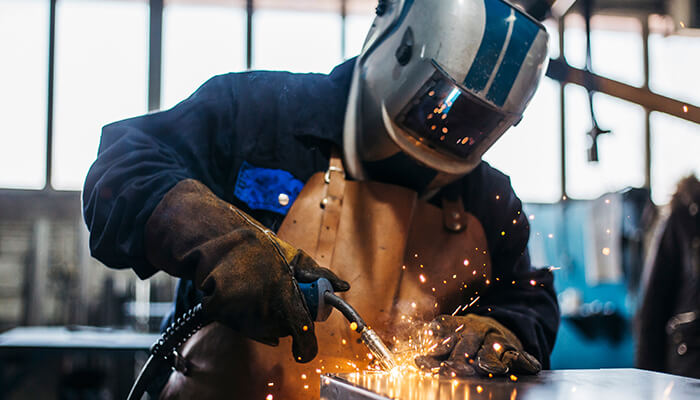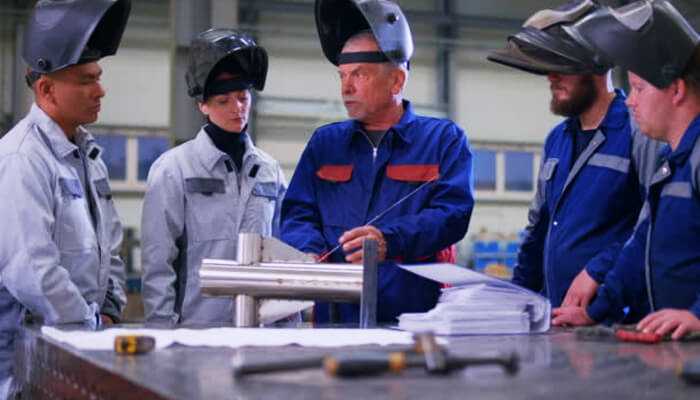It is advisable to hire a welding expert instead of wasting time and money trying to weld components yourself. Welding experts possess extensive knowledge of industrial welds. They can employ various welding techniques, selecting the most appropriate one according to your requirements since they have access to the necessary equipment. Given the importance of high-quality welds, it matters how much consideration goes into your welding and who is doing it for you. Below are the critical evaluations for choosing a reliable industrial welding company that meets your needs.
Are you certified?
Of course, the project needs will determine the suitable quality level for your project; however, based on your industry, there may be standards and certifications that must be fulfilled.
For instance, aerospace certifications such as ISO 9001:2015/AS9100D and NADCAP indicate that your welding company is committed to creating protocols that guarantee quality control throughout the process, including the proper use of welding gear.
Like the aerospace certification, ISO 13485:2016 is accredited for medical device makers. It regulates many features to ensure your product is treated correctly throughout its processing.
These standards also provide rules for documentation, communication, and, to a considerable degree, customer service. A business with this certification must consistently perform at a higher level; otherwise, it will lose its certification.
What kind of welding are you capable of doing?
Most welding contractors can complete several tasks, but it’s a good idea to learn more about their areas of expertise. Knowing your contractor’s track record over time will help you determine whether or not they meet your needs. If the first contractor doesn’t suit your current demands, you can choose another one.
Search for a company like Micro Weld that offers manual and automatic TIG (tungsten inert gas) or gas tungsten arc welding (GTAW). This welding can be perfect for your upcoming project, producing precise, consistent, and polished welding.
How do you ensure the quality of your welds?
Beyond industry accreditation, how does the company handle quality control? Certifications are only as valuable as the procedures used to obtain them. In addition to welding, a vendor must be skilled in testing and inspecting parts, maintaining machines and facilities, certifying and training operators, inspecting staff, and performing other tasks to guarantee that equipment operates as intended.
Do you provide WPS?
Welding process specifications, or WPSs, are official written documents outlining particular welding techniques for a project. They help a welder or welding operator make decisions to guarantee the weld satisfies the code’s criteria.
Do you have a system for traceability and documentation?
Maintaining quality over the long run requires identifying the root cause of a failure and taking action to reduce such problems in the future.
A system that tracks the progress of your parts from door to door and provides comprehensive reporting on every stage of the welding process should be in place. This is important in mitigating quality issues.
Final thoughts
We cannot overstate the importance of discussing quality and certification with your potential industrial welding firm. These two factors go hand in hand when producing high-quality welds.




